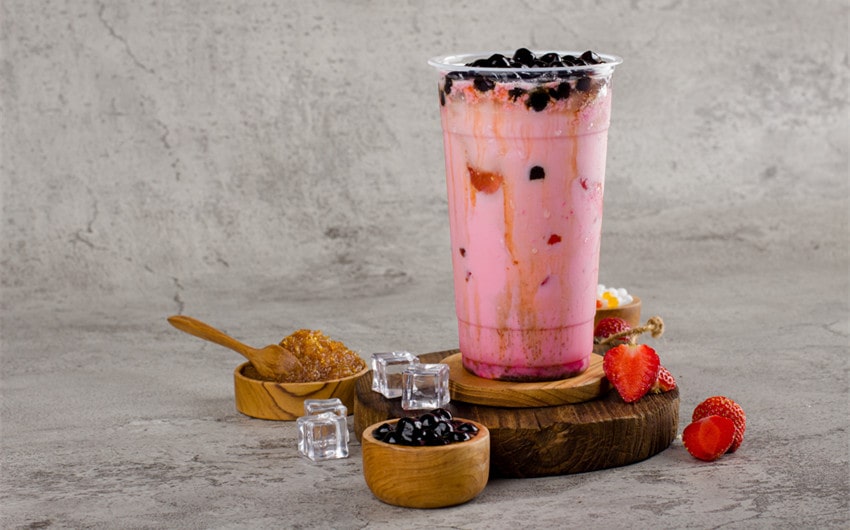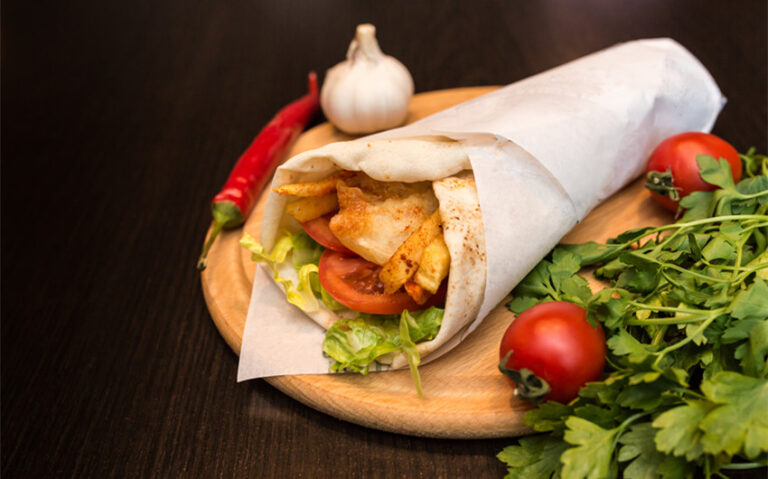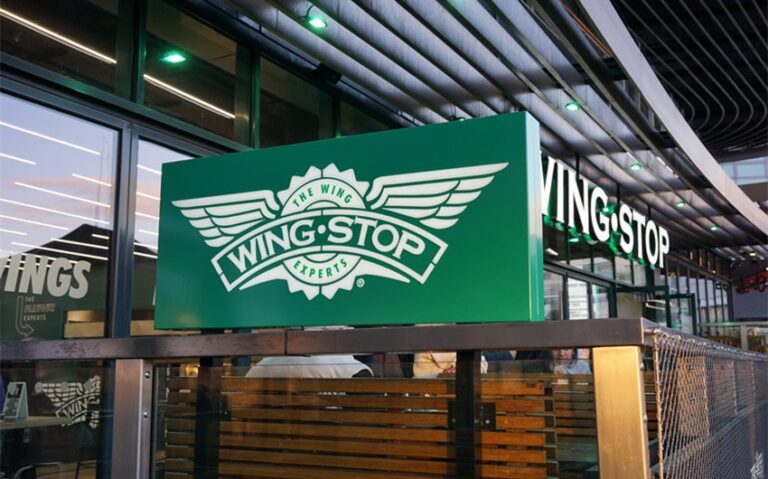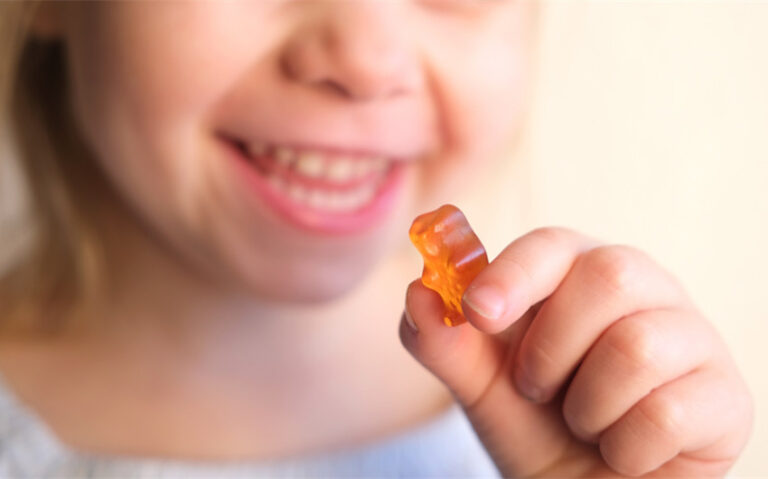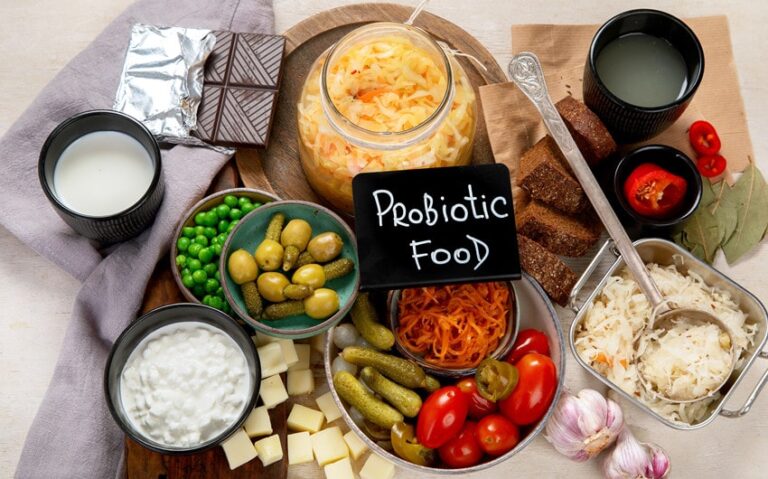Is Bubble Tea Halal: These 5 Tips Will Help You
Bubble tea is a fun and tasty drink that’s loved all over the world—but if you follow a halal diet, you might be wondering: is bubble tea halal? The short answer is yes, it can be, but not always.
While many bubble teas are made with simple ingredients like tea, milk, and tapioca pearls, some versions include things like gelatin, alcohol-based flavorings, or non-halal creamers. That’s why it’s important to know what goes into your drink. In this article, we’ll break down what to watch out for and how to enjoy bubble tea the halal-friendly way.
What is Bubble Tea Made Of?
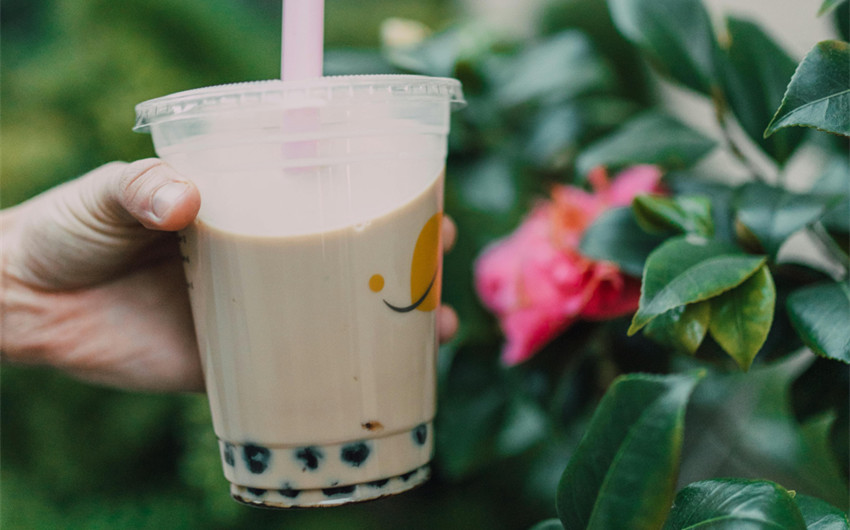
| Ingredient Type | Examples | Halal Consideration |
| Tea Base | Black tea, green tea, oolong, herbal or fruit teas | Generally halal; just watch out for alcohol-based flavorings in some flavored teas. |
| Milk or Creamers | Fresh milk, almond/oat/soy/coconut milk, powdered non-dairy creamer | Powdered creamers may contain animal-based emulsifiers or alcohol-based flavors. |
| Sweeteners | Sugar syrup, honey, brown sugar syrup, condensed milk | Usually halal, but condensed milk may contain additives—check labels if unsure. |
| Tapioca Pearls | Made from tapioca starch, water, brown sugar | Usually halal, but some store-bought pearls may include questionable additives. |
| Other Toppings | Fruit jellies, popping boba, grass jelly, pudding, custard | Some contain gelatin or alcohol-based flavorings—look for vegan/halal-certified options. |
How to Tell if Bubble Tea is Halal
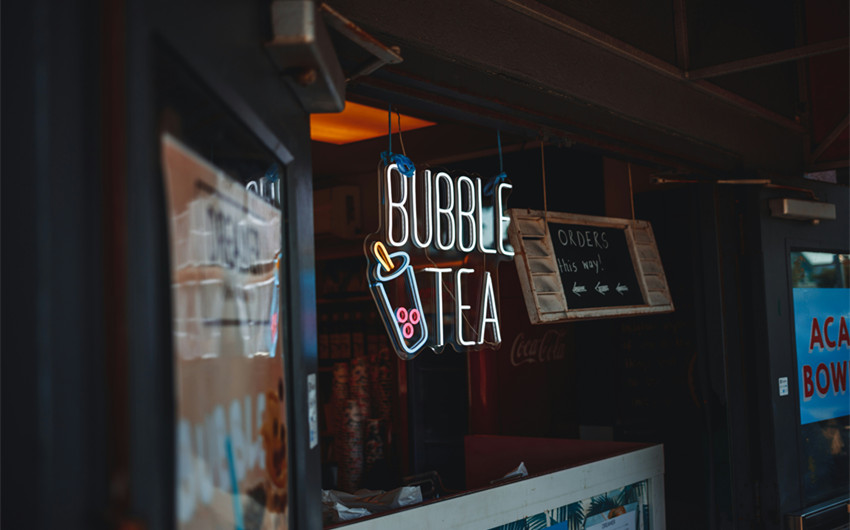
With so many ingredients and customizations, figuring out if bubble tea is halal can feel confusing—but it doesn’t have to be. While not all bubble tea shops offer halal-certified products, many use ingredients that are naturally halal or have halal-friendly options if you ask the right questions. Here’s how to confidently assess whether your bubble tea is suitable for a halal diet:
1. Ask the Right Questions
Don’t be afraid to speak up! A quick chat with the staff can give you important insights. Here are some helpful questions you can ask:
-
“Are your tapioca pearls made with gelatin or alcohol-based flavoring?”
-
“Do your creamers contain any animal-derived ingredients?”
-
“Do you use alcohol-based flavor extracts in your syrups or powders?”
-
“Are your popping boba and jellies made with halal-certified ingredients?”
-
“Do you use separate equipment for halal-friendly drinks?”
Polite curiosity is totally normal—most staff members are happy to help, and it shows you’re a mindful customer.
2. Check for Halal Certification
Some bubble tea shops, especially in countries like Malaysia, Indonesia, the UAE, and even parts of the UK or Canada, may be halal-certified. This means their ingredients, preparation methods, and suppliers have been approved by an official halal authority such as:
-
JAKIM (Malaysia)
-
MUIS (Singapore)
-
IFANCA (USA)
-
HMC or HFA (UK)
-
HMA (Canada)
Look for halal logos displayed near the counter or on the menu. If it’s not visible, feel free to ask the staff whether the store—or specific ingredients—are certified.
3. Read Ingredient Labels
If you’re buying DIY bubble tea kits or prepackaged ingredients like tapioca pearls, creamers, or syrups, always check the labels carefully. Look out for:
-
Gelatin (especially pork-based)
-
E numbers that may come from animal sources (like E120 for carmine)
-
Mono- and diglycerides (often from animal fat)
-
Flavorings or extracts that include alcohol
Tip: Choose vegan-labeled products when in doubt—these are usually free from both animal-derived and alcohol-based ingredients.
4. Look for Plant-Based or Vegan Options
Many bubble tea shops now offer vegan or plant-based options, which can be a good sign for halal-friendliness too. These drinks often use:
-
Almond, oat, soy, or coconut milk
-
Vegan jellies and tapioca pearls
-
Alcohol-free syrups and flavorings
While vegan doesn’t always mean halal (e.g., alcohol could still be present), it usually eliminates most of the main red flags.
5. Use Halal-Friendly Apps and Communities
If you’re unsure about a specific bubble tea shop or product, try looking it up using apps like:
-
Zabihah (for restaurant reviews and halal info)
-
Scan Halal (scan barcodes for halal status)
-
HalalTrip (especially useful for international travel)
You can also turn to local Muslim communities, online forums, or social media groups for recommendations and reviews.

